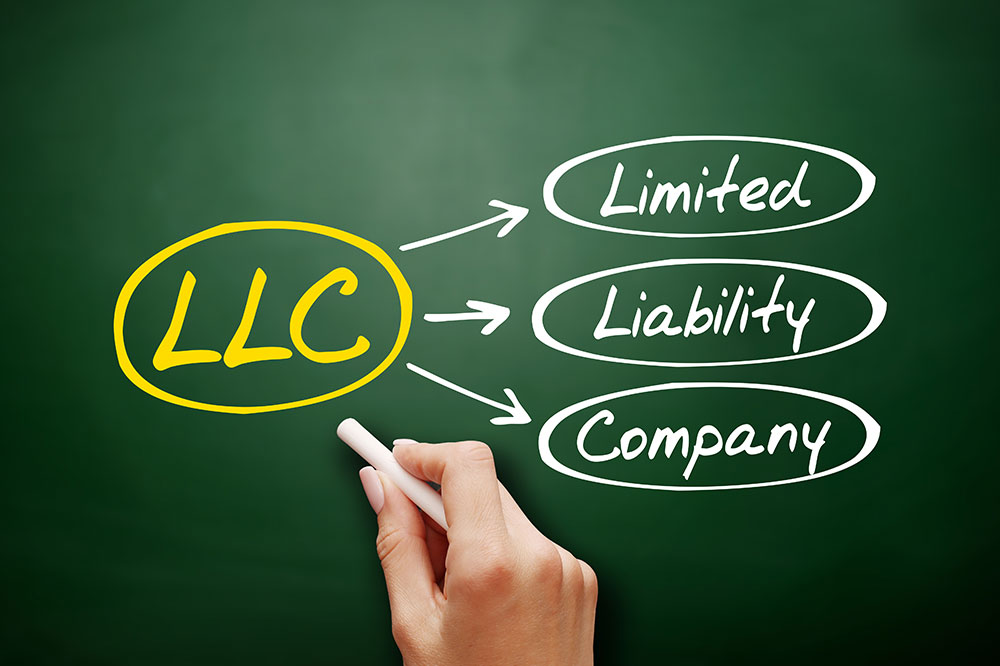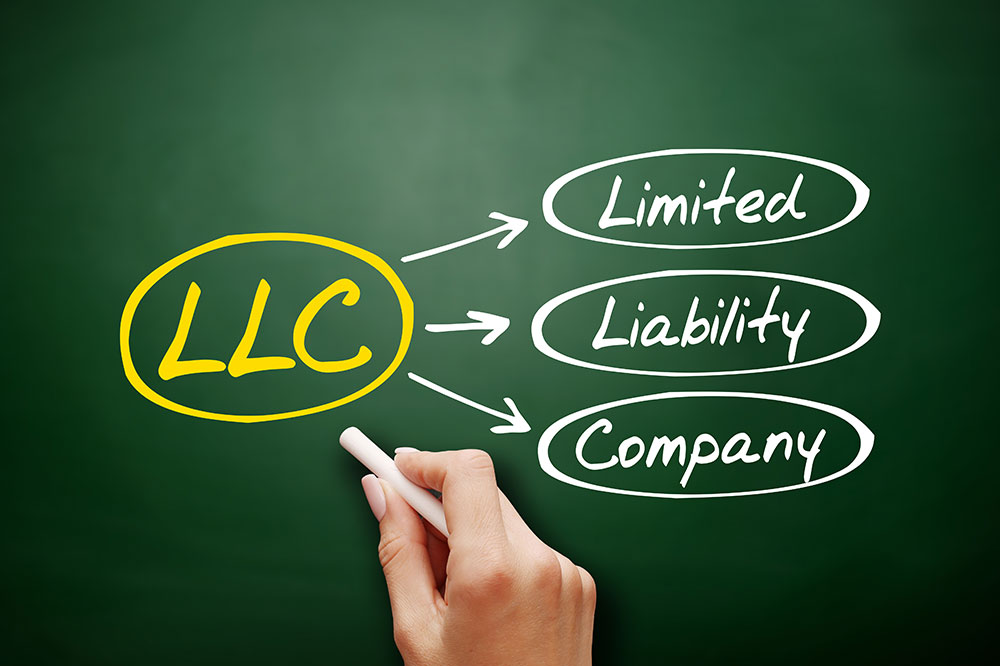Common FAQs About LLCs Simplified
Learn essential facts about LLCs, including how they operate, formation steps, advantages, and limitations. This comprehensive guide simplifies the process of understanding LLC structures, helping entrepreneurs make informed decisions. Discover who can join, the benefits of flexibility and protection, and what potential challenges to expect when starting an LLC business.

Common FAQs About LLCs Simplified
A Limited Liability Company (LLC) is a flexible business structure that shields owners from personal liability concerning business debts and obligations. Combining features of corporations with partnerships or sole proprietorships, LLCs do not pay taxes directly; instead, profits and losses flow through to members' personal tax returns. This structure offers personal asset protection and tax flexibility. Anyone interested in forming an LLC should understand the process, benefits, and potential drawbacks to make informed decisions for their business ventures.
Here are some frequently asked questions about LLCs:
How does an LLC operate?
LLCs blend elements of corporate and partnership models, allowing owners to enjoy limited liability and pass-through taxation. This means profits and losses are reported on individual members' tax returns rather than at the company level.
Anyone, including individuals, corporations, foreign entities, or other LLCs, can join an LLC. However, banks and insurance companies are generally restricted from participating. Formation is possible in any state, with specific laws varying across jurisdictions. To establish an LLC, founders select a unique name, prepare and file Articles of Organization, and designate registered agents and members. After paying the required fees, they receive an Employer Identification Number (EIN), essential for tax purposes.
The main advantages of forming an LLC include operational flexibility, tax options, and personal asset protection. Members can choose how they wish to be taxed—be it as sole proprietors, partnerships, or corporations—and enjoy limited liability protection against business debts and liabilities.
Potential drawbacks include state-specific regulations, annual fees, and self-employment taxes. Additionally, differing laws across states may impact LLC management and compliance requirements.
Note: Our articles offer valuable insights but should not replace professional legal or financial advice. Variations in laws and regulations mean readers should conduct thorough research or consult professionals when establishing an LLC.









